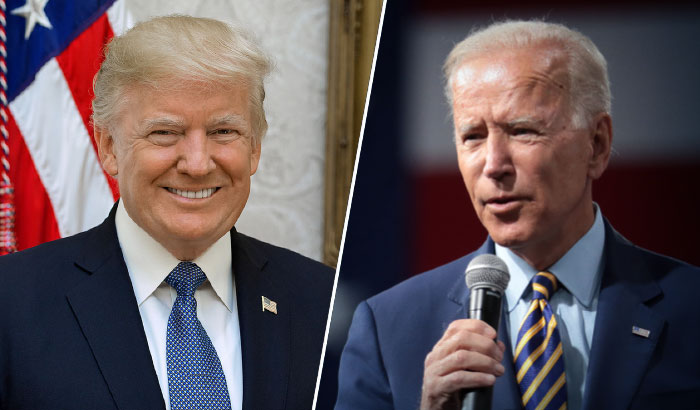
It’s no secret that we’re barreling toward a Trump vs. Biden rematch in 2024, and this election, more than most, will have an untold influence over the success of our American experiment. Life, liberty, family, and religious freedom are on the line.
But while most pundits assume that President Joe Biden will keep Kamala Harris as his running mate, leaving one side of the tired election story completely unchanged, the contest for who will accompany President Donald Trump to the top of the Republican ticket remains wide open.
Social conservatives now have a chance to quickly weigh in on who President Trump should select as his running mate.
As first in line for the presidency, vice presidents hold a significant amount of authority and responsibility. Fifteen of our nation’s vice presidents later became president themselves, either through the death of a president or later election. Potential vice presidents should be well-vetted, with their reputations, policy positions, and experience scrutinized by all Americans.
Too many organizations manipulate their polling outcomes to produce a fit-for-media result, but here at Family Policy Alliance we know that social conservative voices should be elevated, not thrown under a rug. Our straw poll gives social conservatives the chance to weigh in on each of the presidential candidates’ top prospects for vice president.
Vote now to let your voice be heard.
Sincerely,

Robert Noland
Director, Audience Engagement

